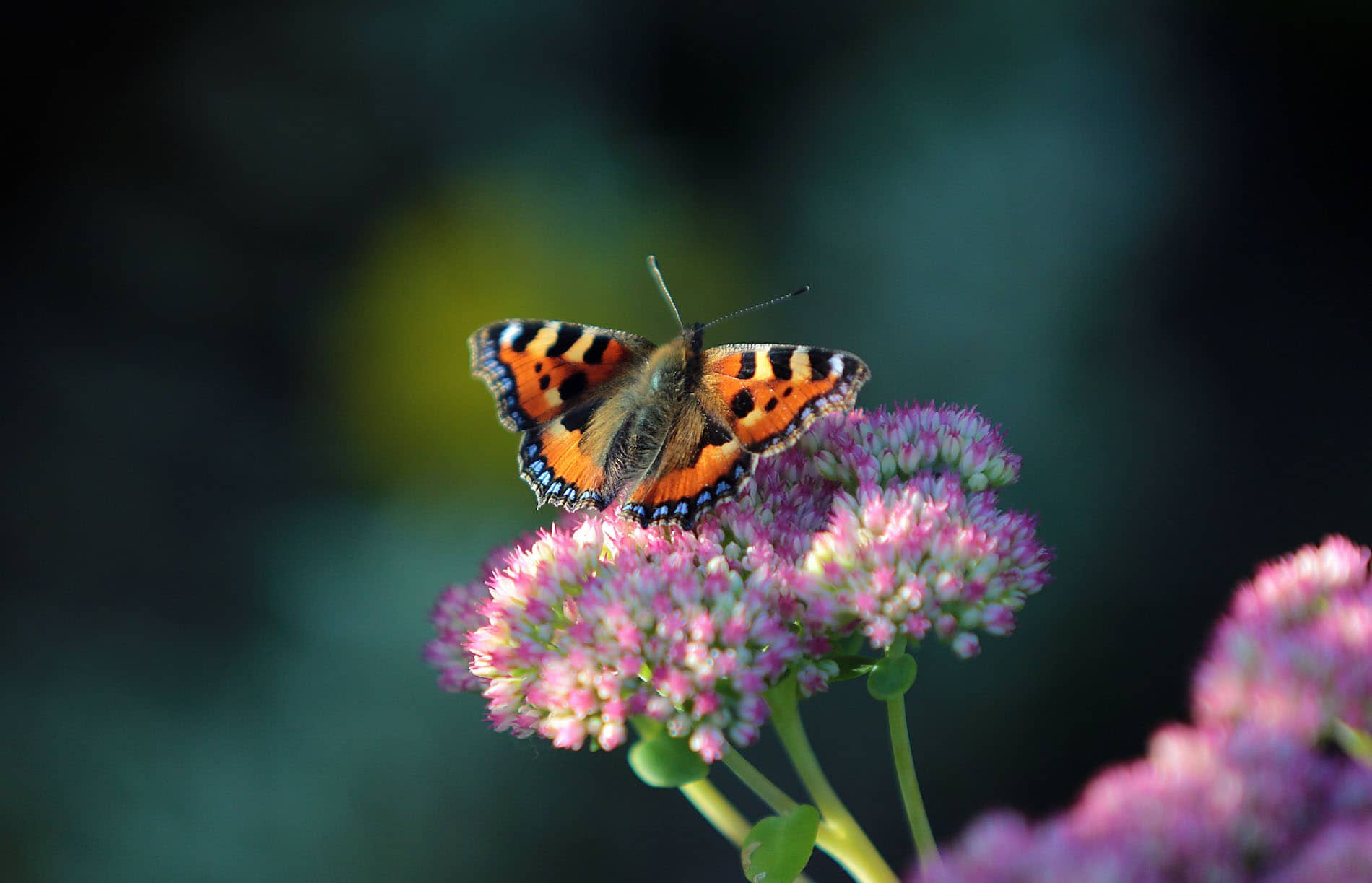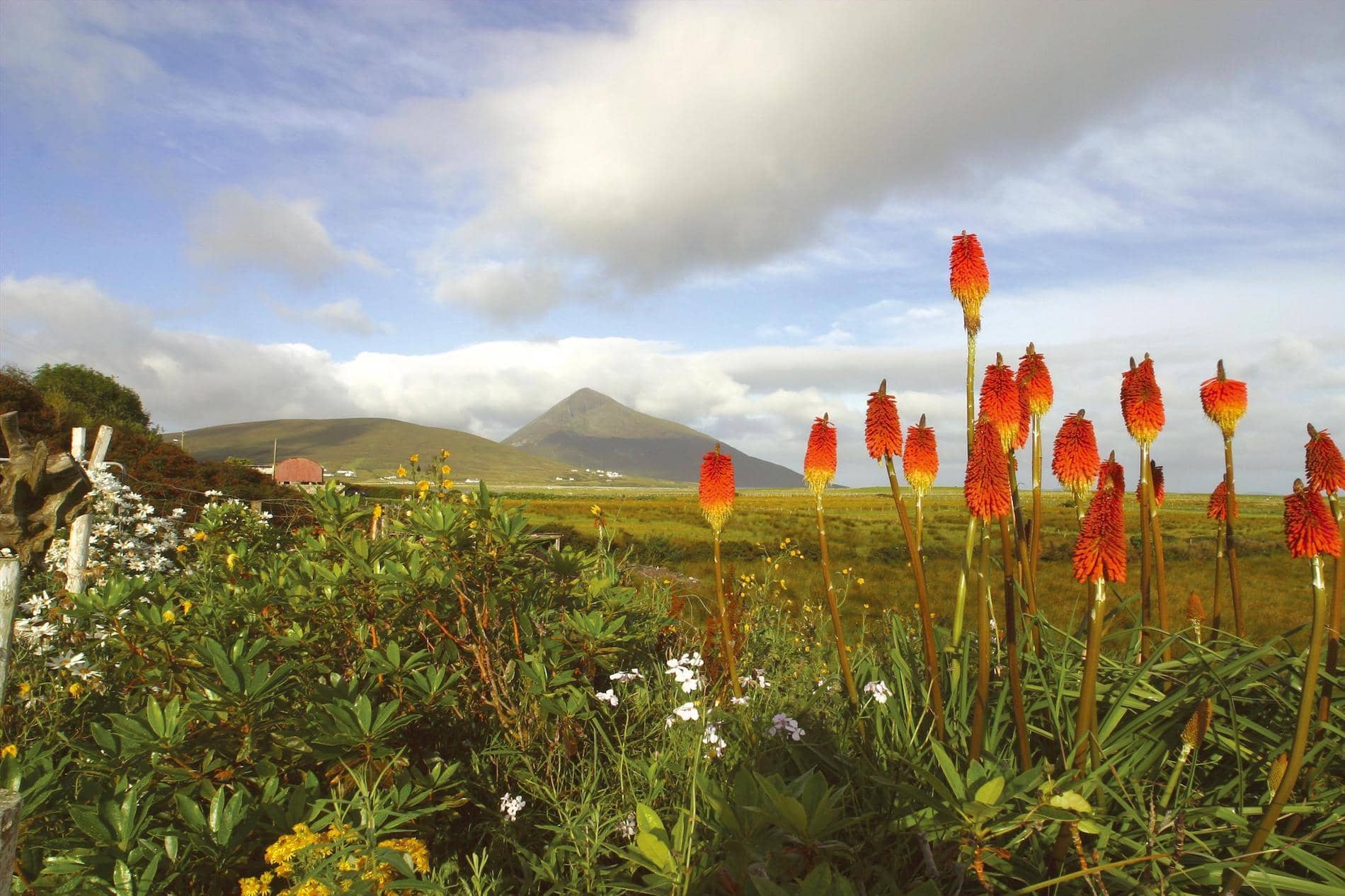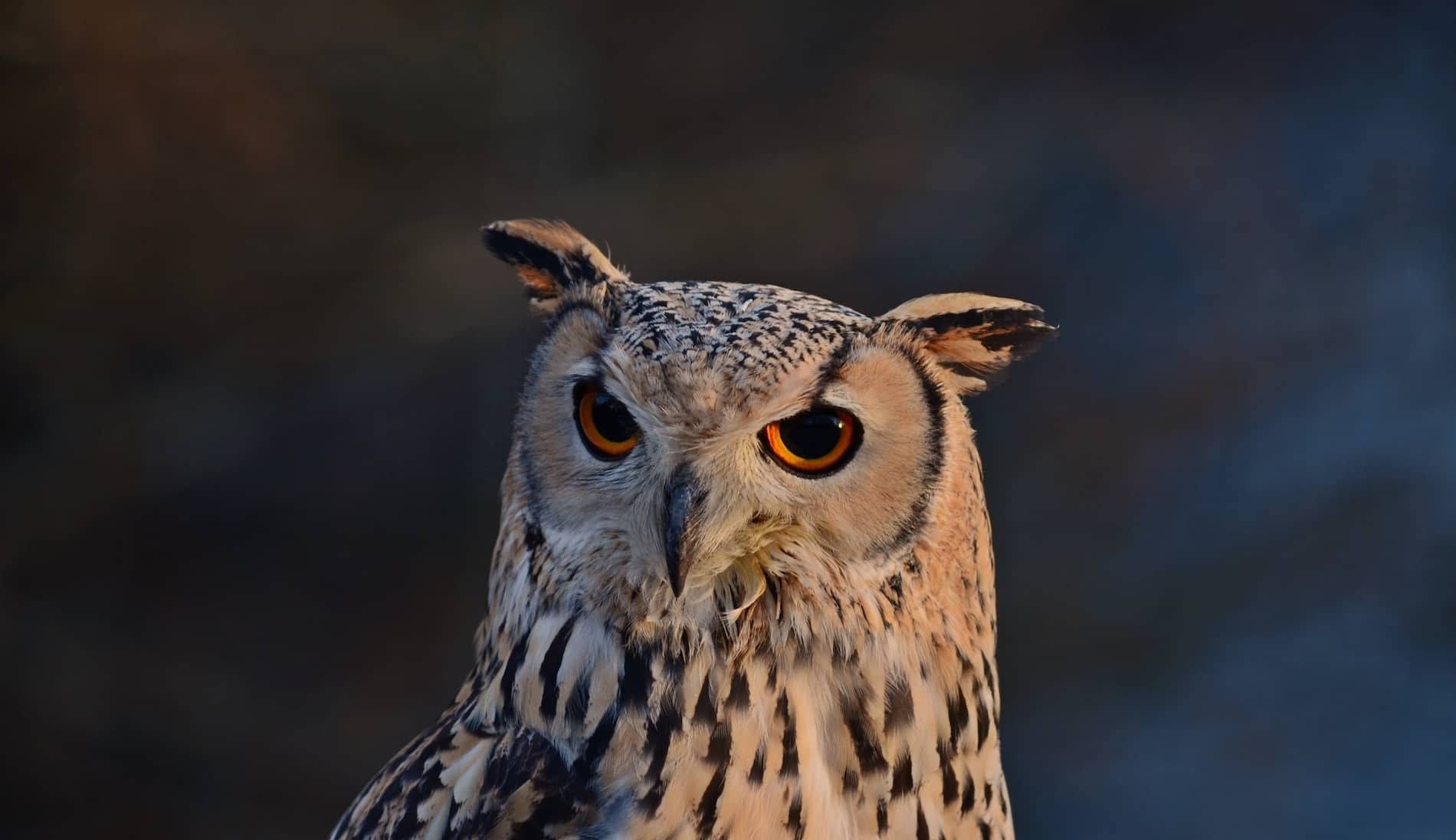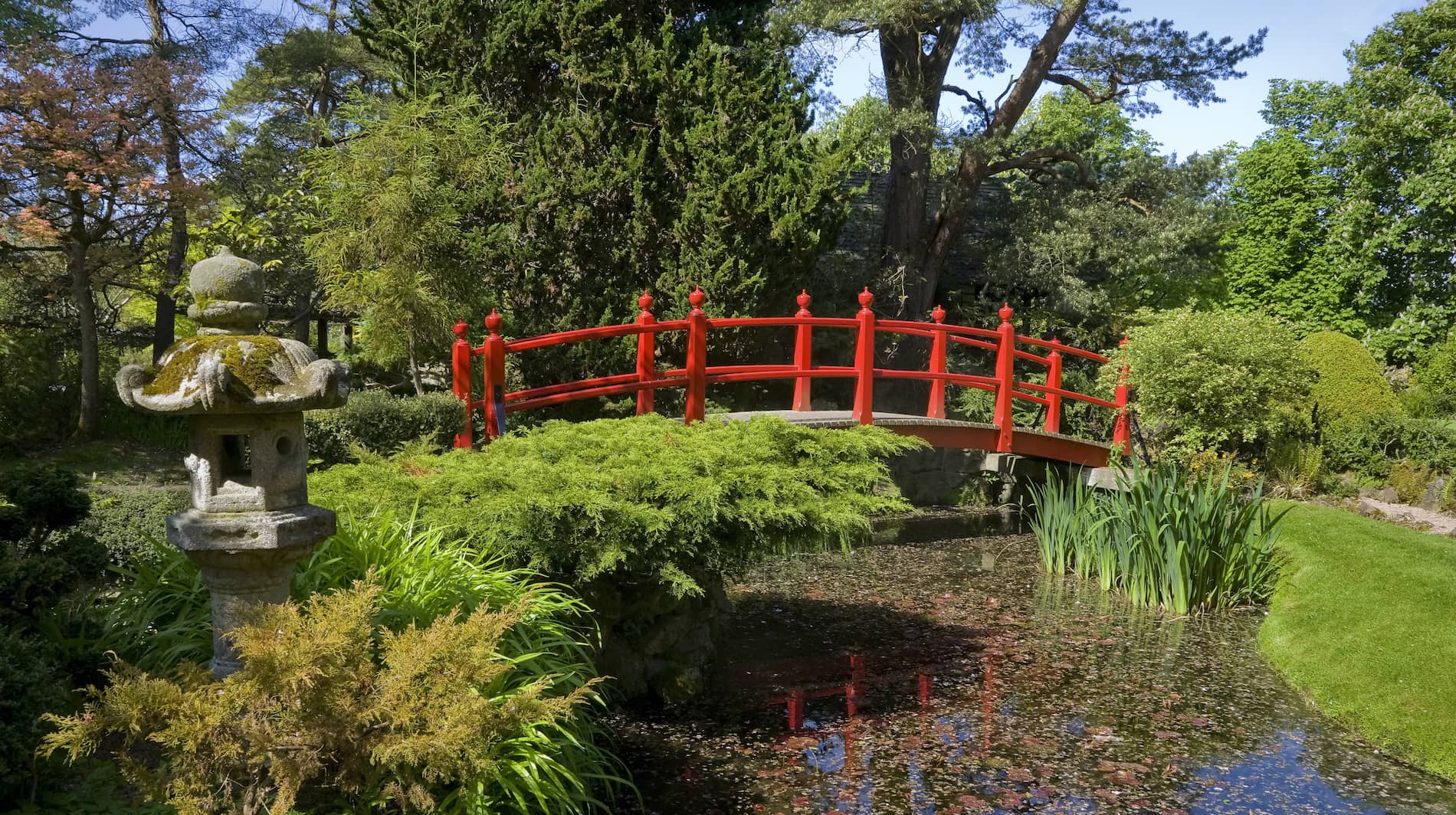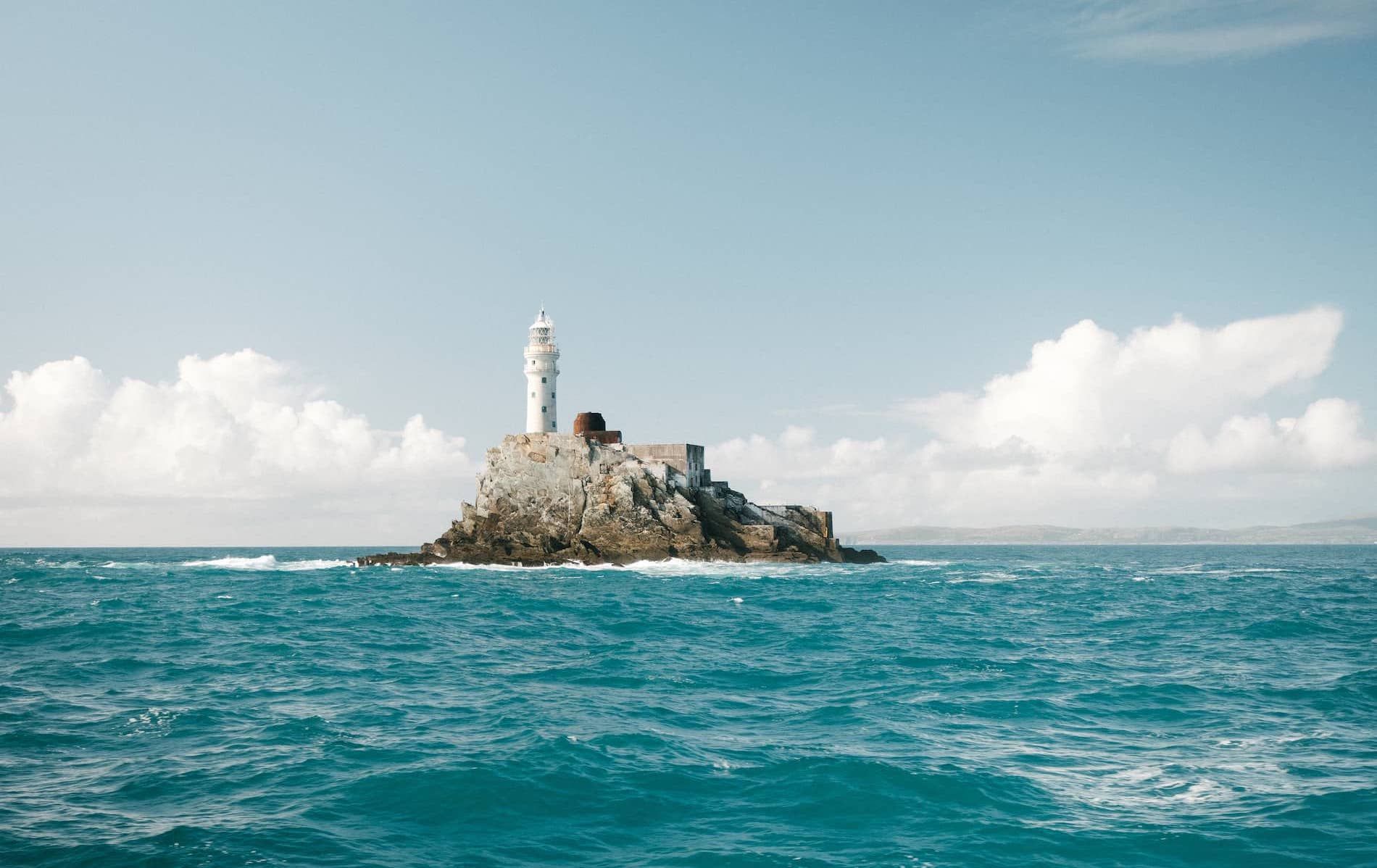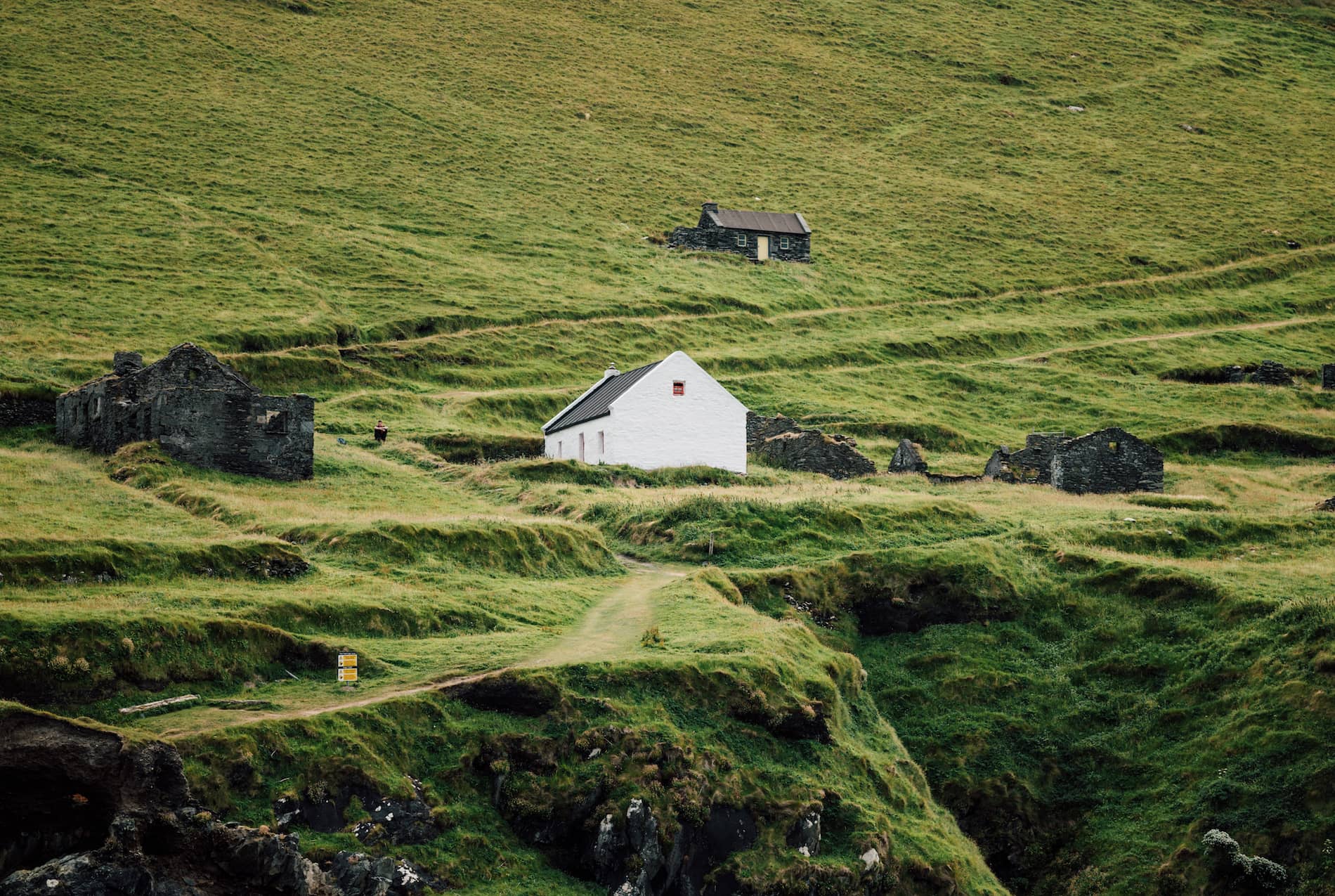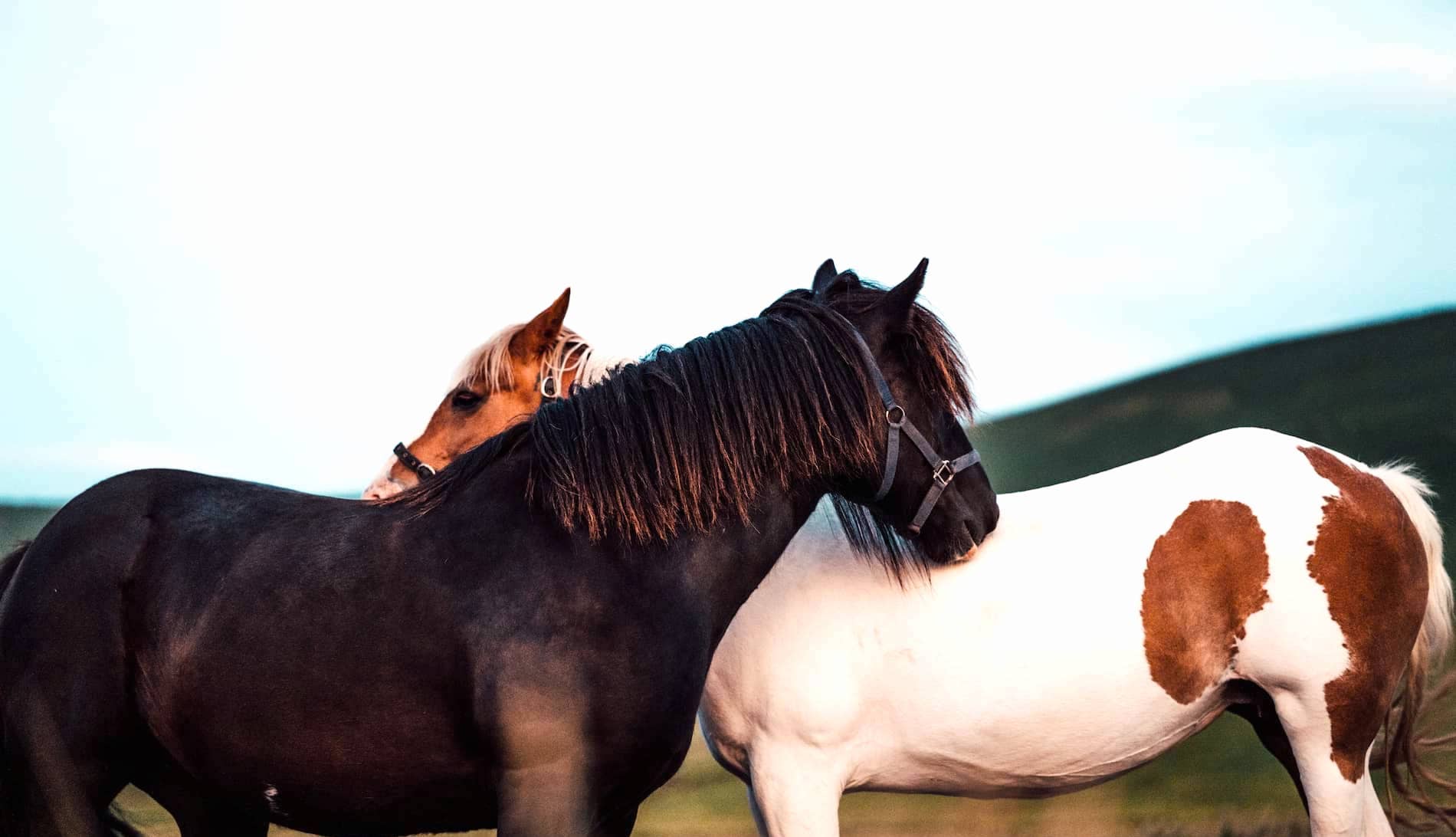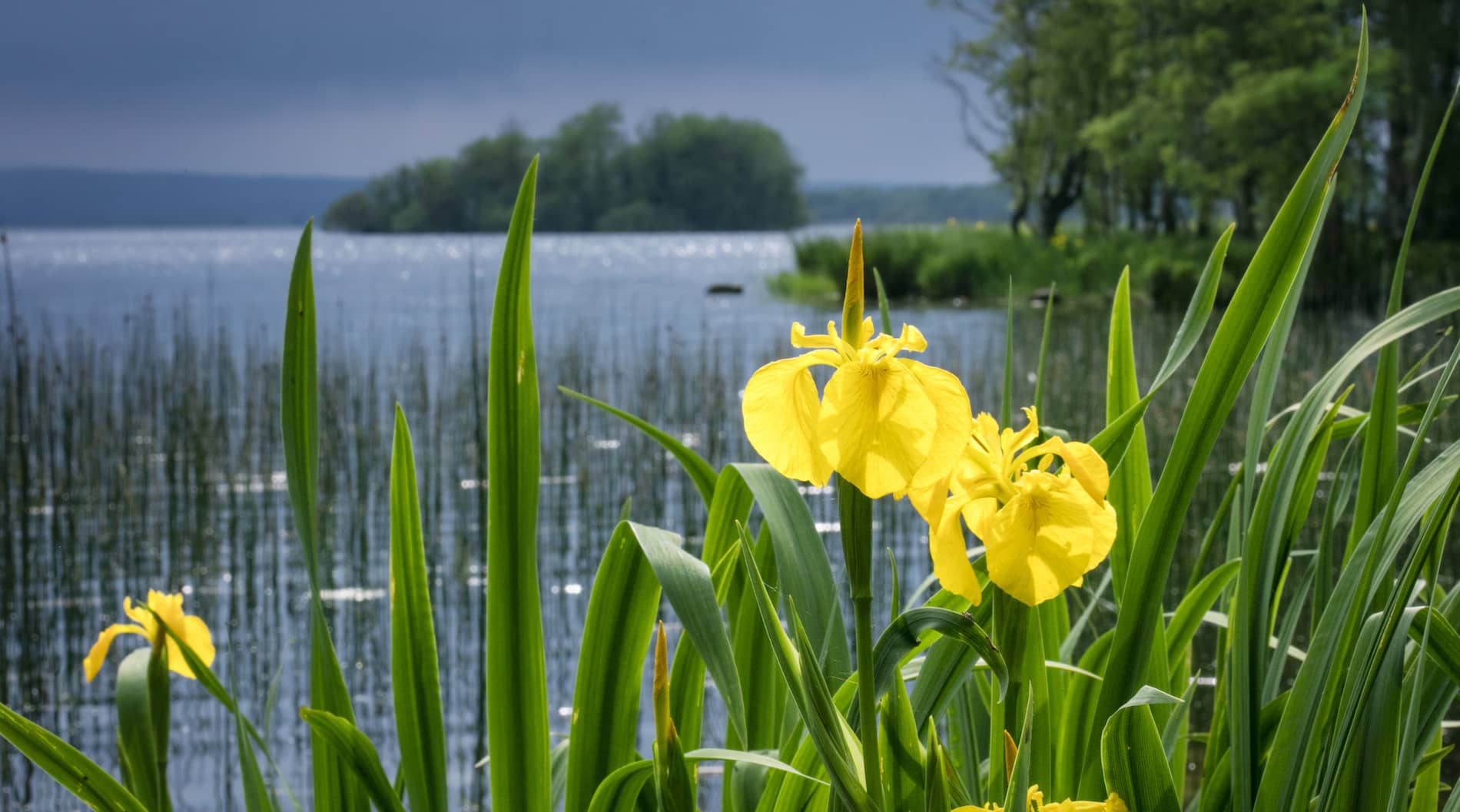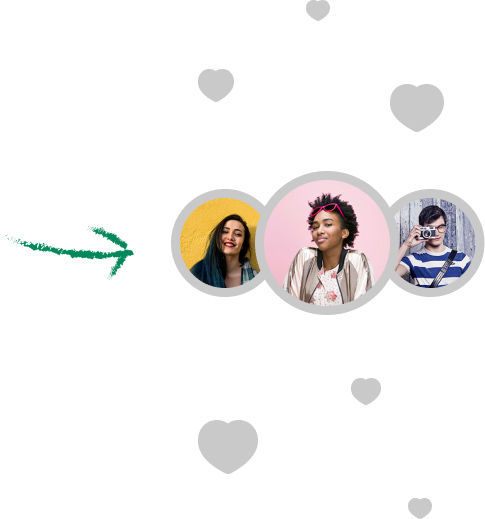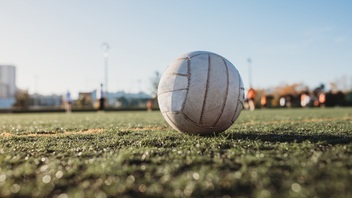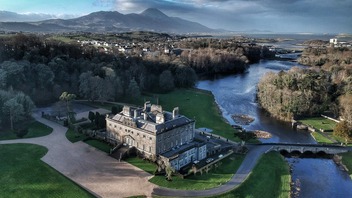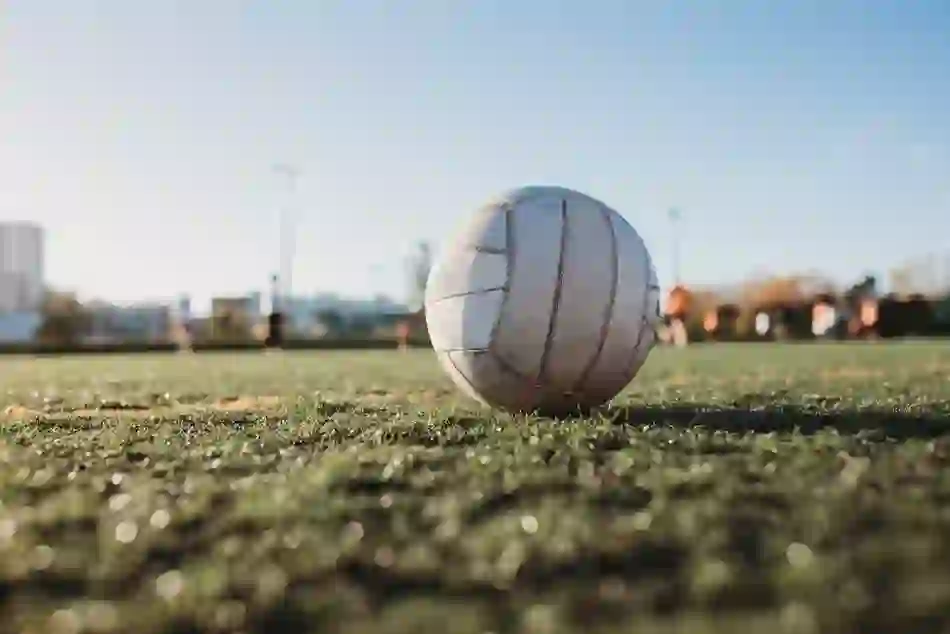

Why a Gaelic games match is your Ireland must-do
It’s not just about the players on the field – or even understanding all the rules – it’s about the palpable passion of the people next to you in the stands, the county colours waving madly in the air and, most important of all, the authentic slice of Irish life that you’re witnessing first hand.

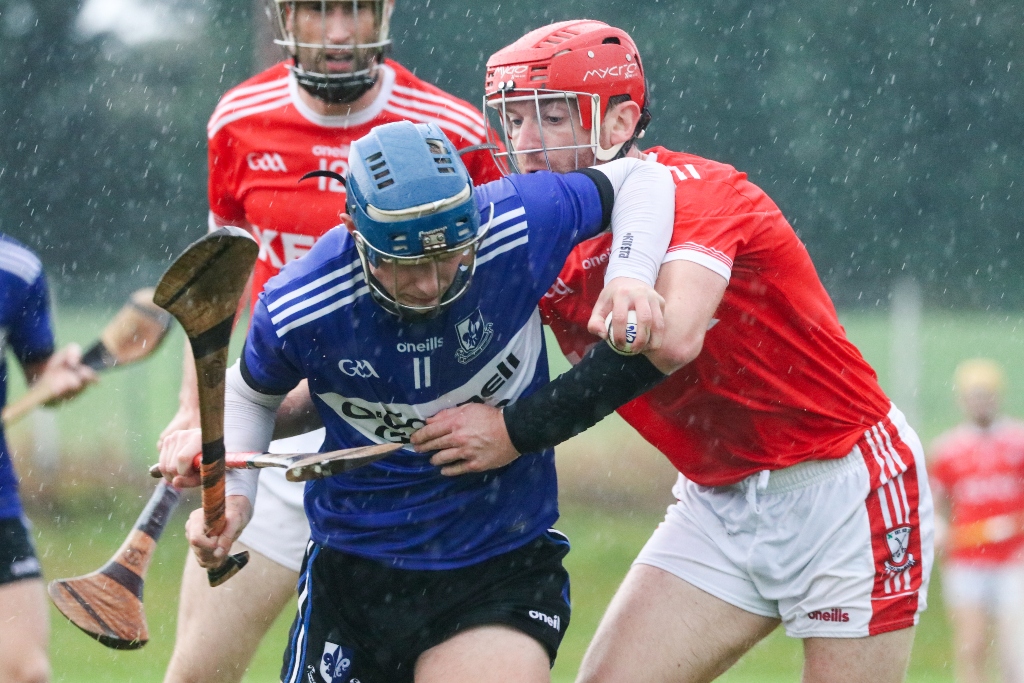
Hurling Championship: Sarsfield vs Watergrasshill, County Cork. ⒸShutterstock
Yes, we did say Gaelic games – the GAA (Gaelic Athletic Association) governs hurling, Gaelic football and Gaelic handball, and is celebrated as one of the great amateur sporting associations in the world. The origin of the games stems back through the centuries, with hurling’s roots even referenced in Irish mythology, when the hero Cú Chulainn used a hurling stick and ball, known as a “sliotar”, to kill a vicious hound.
The GAA has a simple mission: preserve and cultivate our national pastimes, and the GAA Museum in Dublin is a great place to go for the complete history of the GAA.

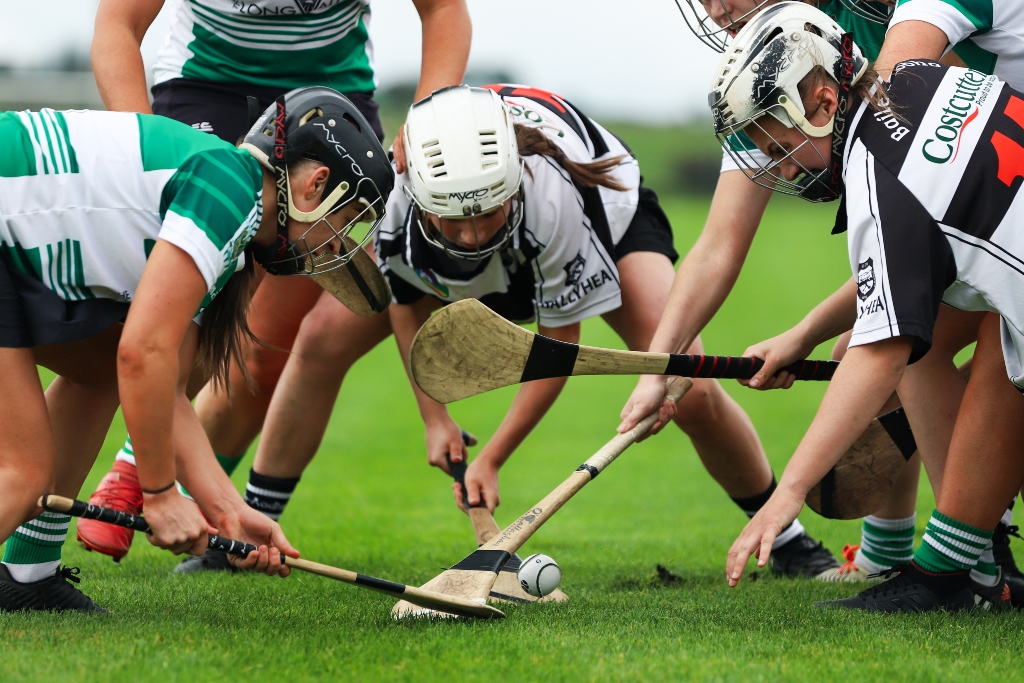
Junior Championship Semi Final: Ballyhea vs St. Vincents, County Cork. ⒸShutterstock
Often said to be the world’s fastest field game, hurling is a stick and ball game with teams of 15 on a rectangular grass pitch and H-shaped goals at either end. The women's version is known as camogie and is equally fast-paced. This is governed by the Camogie Association and they hold a Championship final in September. Gaelic football shares many of hurling’s characteristics, but with a soccer-sized ball that is kicked, caught and passed around the field. Games last a rip-roaring 70 minutes.
And the players who give their all for the people watching? Well, they’re all amateurs. That’s right, unpaid... that passion is ALL heart, guts and the quest for pride and glory. Which is what makes watching these spectacles of sporting prowess so much more enthralling.

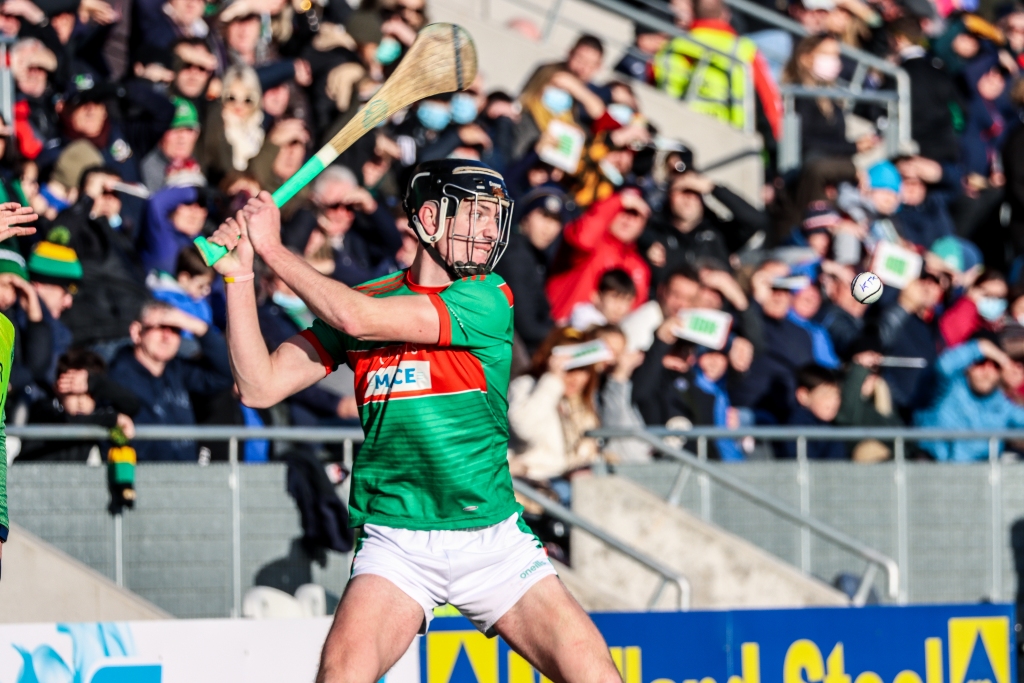
Cork Senior final, County Cork. ⒸShutterstock
The lifeblood of the Gaelic games are the people from the clubs – there are 2,200 clubs up and down the island (and many more overseas)! They’re all run by enthusiastic volunteers and tend to be the social hubs of towns and villages. When their teams succeed, their clubs follow that journey. When their club players rise to the top to represent their county, the same again.
Despite the rivalry at matches, in true Irish spirit, everyone is as friendly as they are passionate about the game. In fact, don’t be surprised if by the time you leave you’ve adopted one or both sides’ colours as your very own.

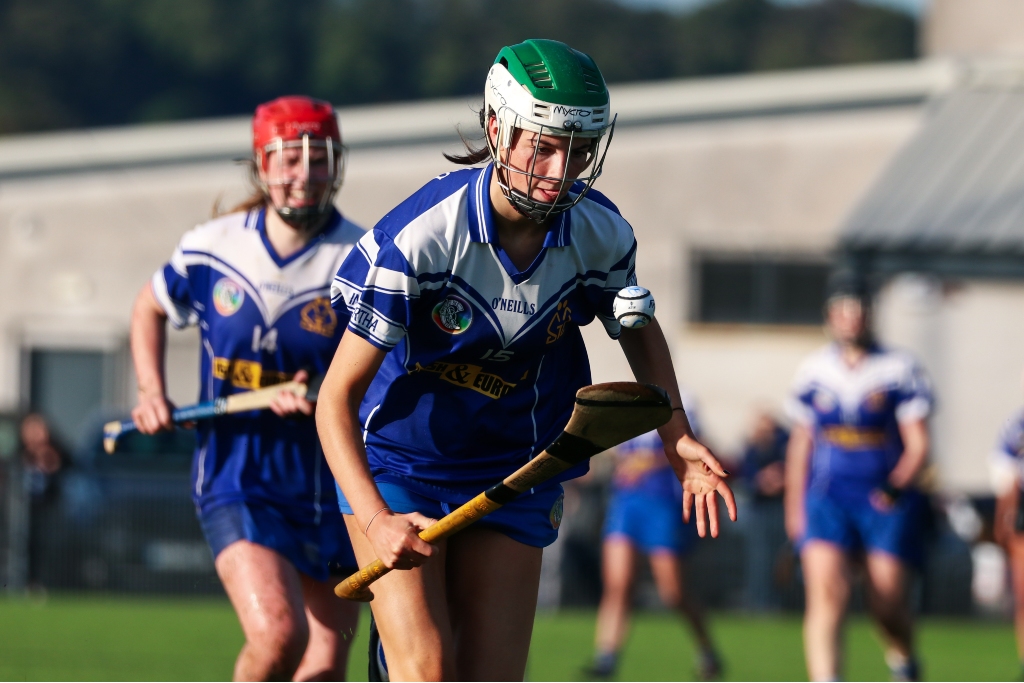
Camogie Senior Championship Final: Inniscarra vs Sarsfields, County Cork. ⒸShutterstock
The All-Ireland Senior Championships are the most prestigious events in the Irish sporting calendar, with peak season between May and September. At the same time, hundreds of club games are played locally in every town and village across the land.
So big or small, at any match you will be standing in the midst of fans who simply adore this game.

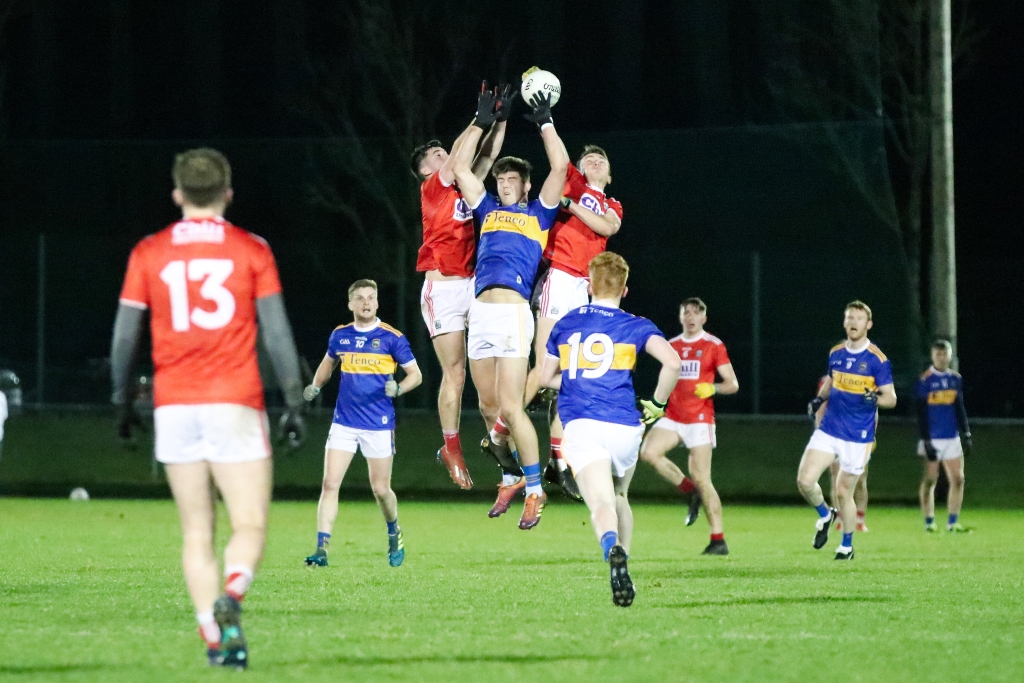
Action from the Gaelic football McGrath Cup: Tipperary vs Cork, County Tipperary. ⒸShutterstock
Although there will be no shortage of fellow fans happy to explain the rules – including how you can absolutely not touch the sliotar (ball) directly with a hand while it is on the ground – you could try a bit of name-dropping!
Hurling name to remember: Liam MacCarthy
Born in London, Liam MacCarthy was heavily involved in establishing the GAA county board over there. So in 1922, they named the All-Ireland Senior Hurling Championship trophy after him.
Gaelic football name to remember: Sam Maguire
A man from west Cork, Sam Maguire was one of the greatest Gaelic football players of the early 1900s – and the All-Ireland Gaelic Football Trophy is named after him!
Michael Cusack and Maurice Davin
Founders of the GAA in 1884.

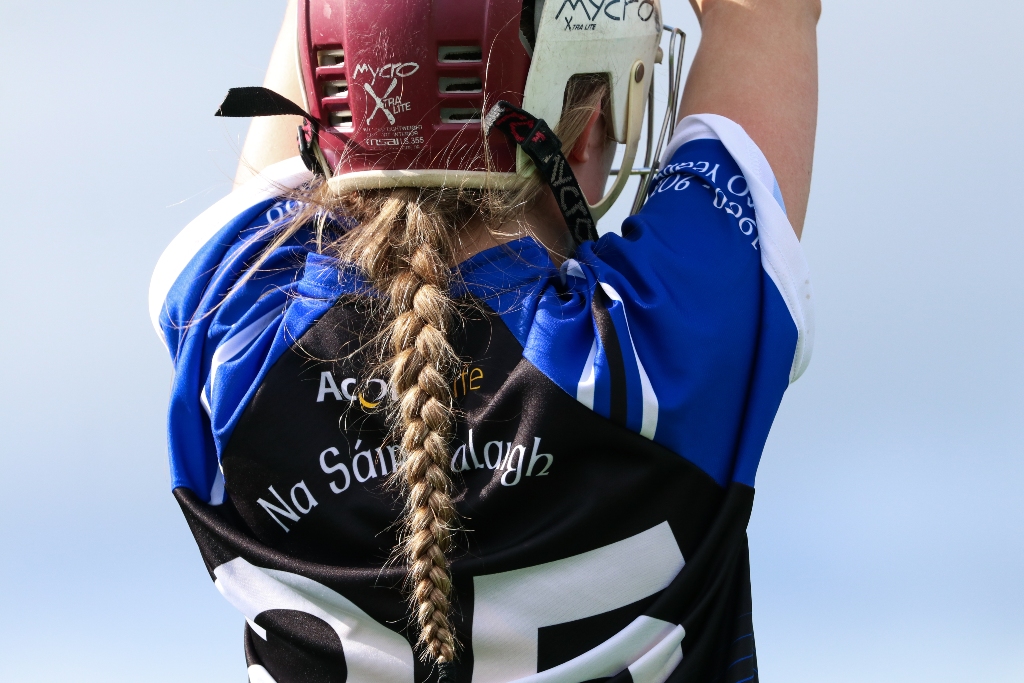
Camogie Senior Championship Semi Final, County Cork. ⒸShutterstock
There are championship games in Croke Park (the GAA Headquarters in Dublin), Thurles (where GAA was founded), Ennis, Galway, Kilkenny, Roscommon, Omagh, Cavan, Carlow, Limerick, Newry, Enniskillen, Killarney, Cork and Waterford, to mention just some of the destinations. Tickets are available from the GAA for most games, with discounts for young supporters and senior citizens. You can also get tickets to see the ladies in action over at the LGFA or the Camogie Association.
So who wants to put a Gaelic games match on their Ireland must-do list?





